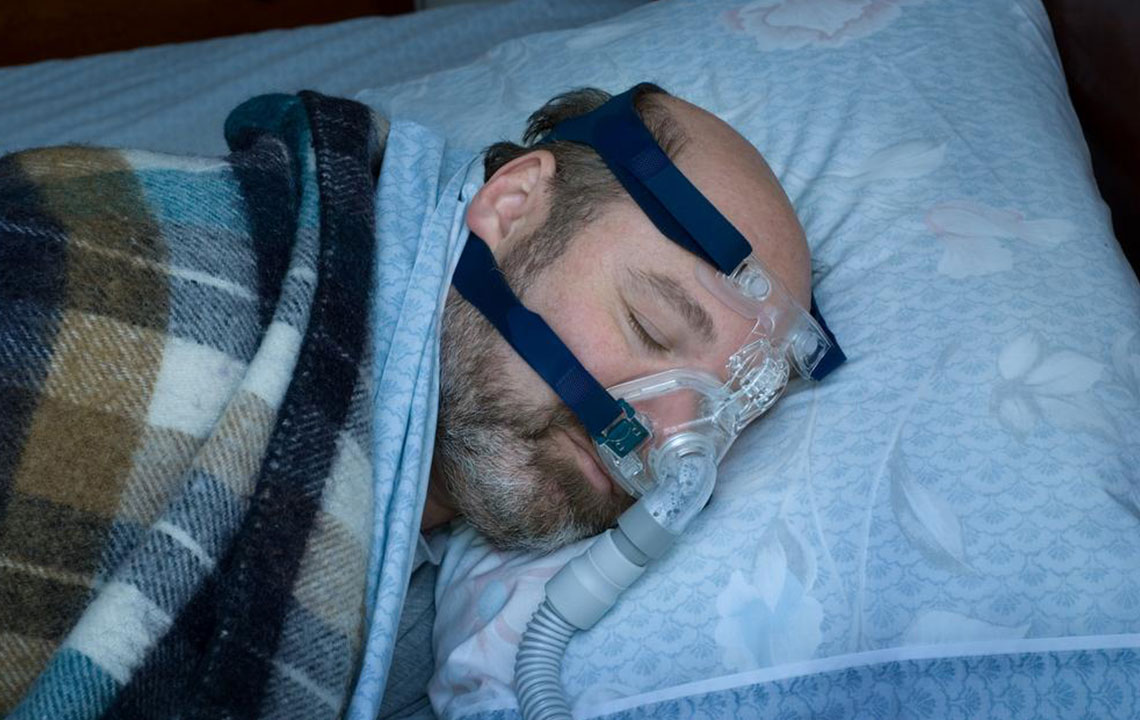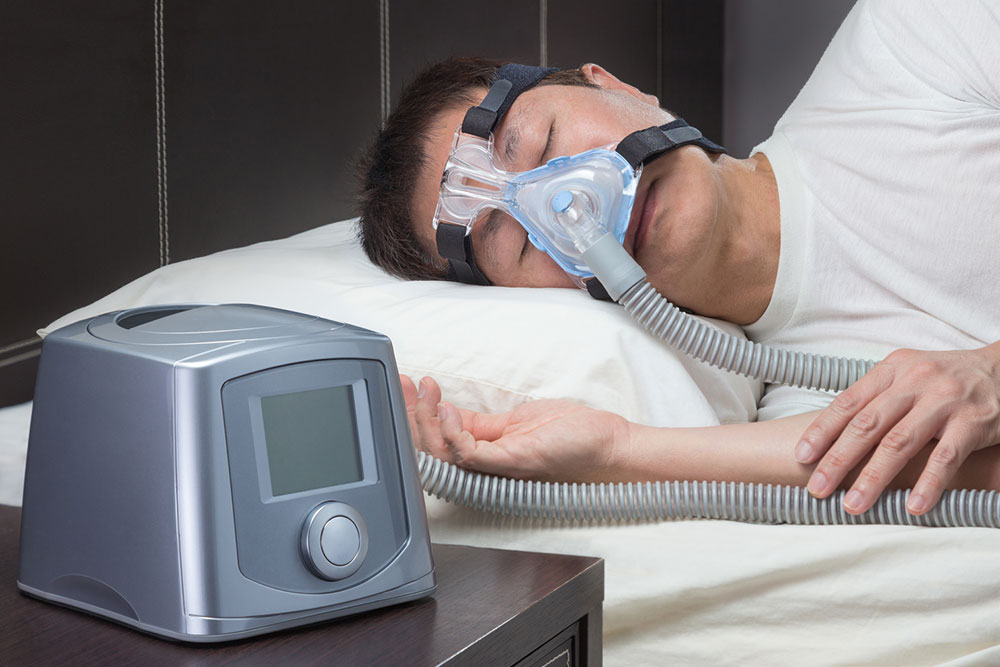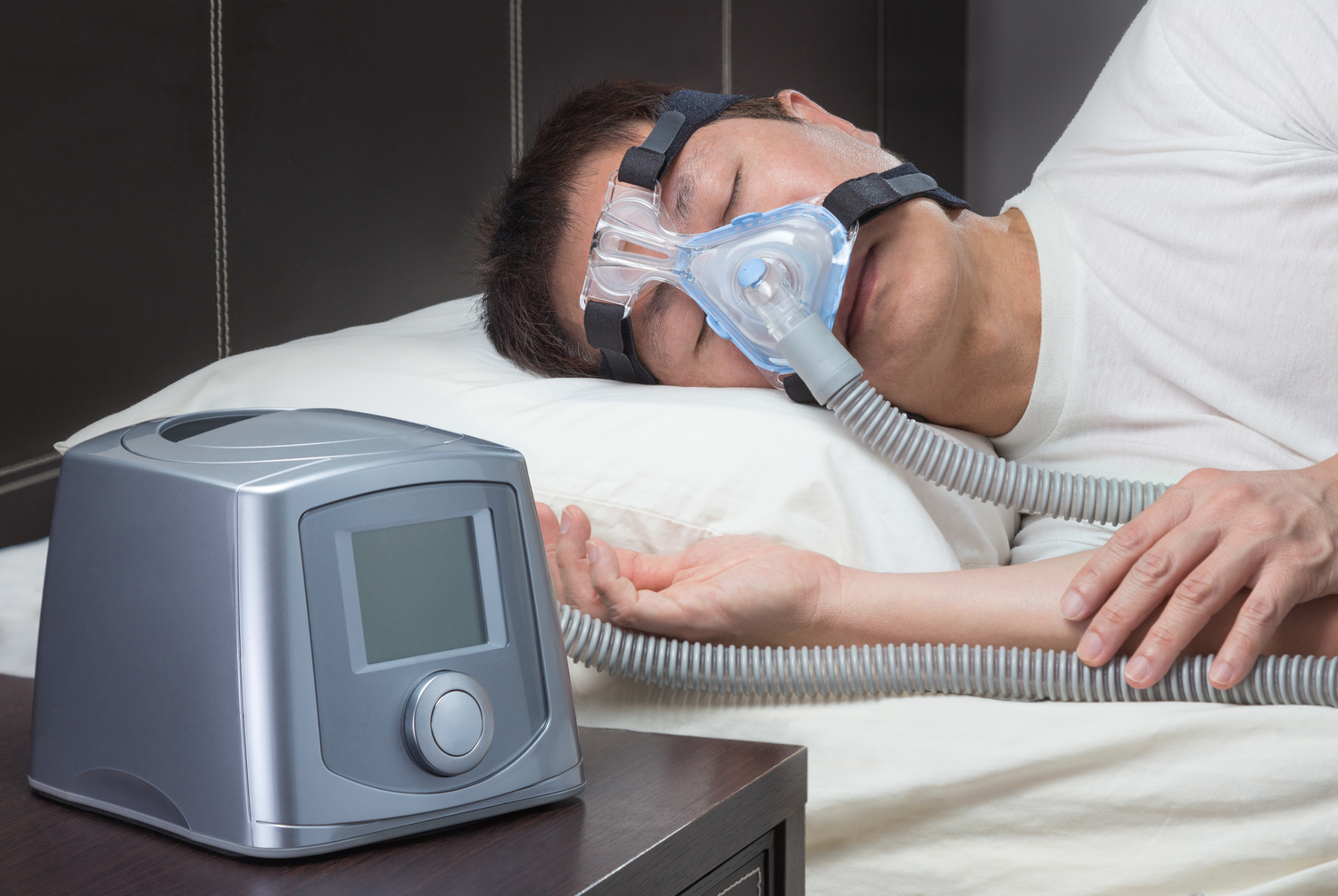5 signs that indicate sleep apnea
Sleep apnea is a condition wherein a person’s breathing repeatedly stops and starts when they are asleep. Although it is a common sleep disorder, sleep apnea could result from a more serious underlying condition, like high blood pressure or other cardiovascular diseases. So, it is important to be aware of the following symptoms of sleep apnea and ensure timely diagnosis and appropriate treatment to prevent serious health complications.
- Loud snoring
This is the primary sign of sleep apnea and results from a blocked airway.

An obstructed airflow leads to loud noises as the person breathes, and sleeping on the back can elevate the risk of breathing issues. This symptom can disrupt a patient’s sleep and also disturb their partner, leading to tiredness during the day. Several medical devices and medications can help relieve this symptom. Daytime fatigue
Fatigue and excessive daytime sleepiness are among the other common signs of sleep apnea. The most significant result of sleep apnea is disrupted sleep, which may lead to drowsiness, irritability, and low energy during the day. Heart health issues
Heart health issues like hypertension or high blood pressure are unusual but key symptoms of sleep apnea. The condition causes a blockage in the air passage, making it difficult for one to breathe. This leads to low blood oxygen levels, which can increase the risk of cardiovascular diseases and lead to high blood pressure over time. The reduced intake of air can also cause one to wake up suddenly, choking or gasping for breath. Dry mouth
People with this disorder who sleep on their back typically breathe through their mouth, which can lead to dry mouth. A person breathing through their mouth also faces an increased risk of developing a sore throat if they are sleeping in cold weather, as the cold and dry air leaves the mouth and throat drier. Mental health conditions
Although it is unusual, some sleep apnea patients experience mental health conditions. Low blood oxygen levels can lead to mood changes, morning headaches, irritability, difficulty concentrating, and even serious mental health issues like depression. So, it is important to facilitate early diagnosis and seek treatment for sleep apnea before these symptoms become chronic.
Fatigue and excessive daytime sleepiness are among the other common signs of sleep apnea. The most significant result of sleep apnea is disrupted sleep, which may lead to drowsiness, irritability, and low energy during the day.
Heart health issues like hypertension or high blood pressure are unusual but key symptoms of sleep apnea. The condition causes a blockage in the air passage, making it difficult for one to breathe. This leads to low blood oxygen levels, which can increase the risk of cardiovascular diseases and lead to high blood pressure over time. The reduced intake of air can also cause one to wake up suddenly, choking or gasping for breath.
People with this disorder who sleep on their back typically breathe through their mouth, which can lead to dry mouth. A person breathing through their mouth also faces an increased risk of developing a sore throat if they are sleeping in cold weather, as the cold and dry air leaves the mouth and throat drier.
Although it is unusual, some sleep apnea patients experience mental health conditions. Low blood oxygen levels can lead to mood changes, morning headaches, irritability, difficulty concentrating, and even serious mental health issues like depression. So, it is important to facilitate early diagnosis and seek treatment for sleep apnea before these symptoms become chronic.
Disclaimer:
The content of the articles discussing symptoms, treatments, health conditions, and side effects is solely intended for informational purposes. It is imperative that readers do not interpret the information provided on the website as professional advice. Readers are requested to use their discretion and refrain from treating the suggestions or opinions provided by the writers and editors as medical advice. It is important to seek the help of licensed and expert healthcare professionals when necessary.




